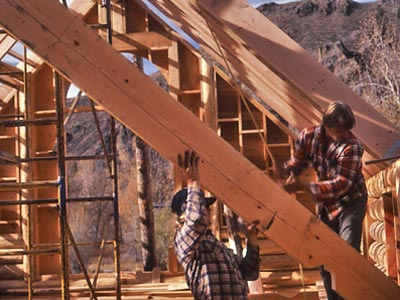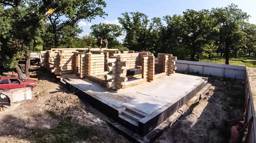
Flirting With Disaster
What happens when a building project goes wrong—and what should you do?
An old adage in the homebuilding business goes like this: There are times when bumps in the road throw your project off course—never worry about these. And then there are times when bumps turn into mountains, which turn into volcanoes, which…um, should concern you.
Examples of the bumps: a subcontractor who doesn’t show up for a week, a deck collapsing, materials stolen from the job site. These can all be remedied quickly.
Example of the volcano: a builder isn’t paying his subcontractors. This is ugly—and can potentially curse your project. In most states, subs can file liens against your project and demand payment directly from you if your builder leaves them high and dry.
Your first move should be to contact your builder and tell him to stop work immediately. This way, you won’t have to pay for work by subs.
Second, stop payments on any outstanding checks until you meet with the builder in person. Don’t pay any bills relating to your project until you’ve visited your site, checked out the work and materials involved and spoken with the people who’ve submitted the invoices.
Third, notify your lender or title company. Let them know you have concerns and have stopped work until you can inspect the site. Explain your situation and ask if they have any procedures or advice.
After visiting your site, you’ll often need to replace the builder or subcontractors. Hopefully, you contacted several builders before starting your project, so you already have alternatives. If the relationship with your builder can be salvaged, modify your payment agreement so that you pay subs directly. In such situations, it’s often wise to involve an attorney to help work out the terms.
It’s never pleasant to discuss major construction disasters, but it’s important to know how serious they can be. The good news is that such problems are preventable by thoroughly researching potential builders, checking references and arming yourself with a detailed construction contract. Complement these steps by closely monitoring your project, and it’ll be a pleasant adventure in homebuilding.











